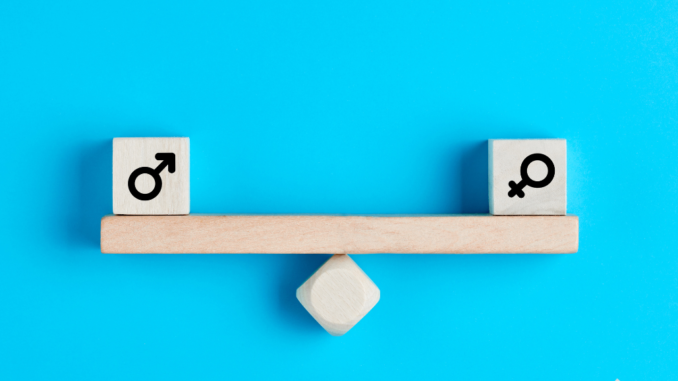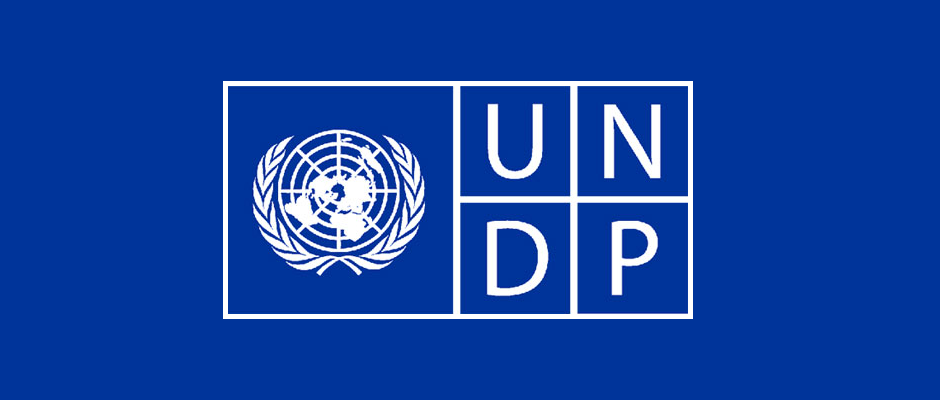
Gender inequality is perhaps the single most significant impediment to achieving a more just, equitable, prosperous, and inclusive world. Inequality, a root cause of poverty, instability, and conflict, is damaging to people, societies, and the broader global community. Despite some small pockets of genuine progress, the world remains, on the whole, highly unequal to women. Not only are women and girls unable to access the same opportunities as men on an equal basis (and in some cases are actively prevented from doing so), they also suffer the most deleterious impacts of events such as economic recessions, political instability and conflict, and climate change. The ongoing suppression and repression of women’s ability to participate with men as equals in society is not merely an issue of equity – it is one of justice and democracy. While women’s rights, interests, and opportunities remain subordinate, their fundamental human rights will continue to be breached.
Beyond the irrefutable moral and ethical justification at the core of gender equality, there is also a pragmatic argument for pursuing women’s rights with vigor. Half of the world’s population are being left behind, prevented from reaching their potential and contributing to their societies. For example, women’s capacity as governance leaders capable of marshalling policy and effectively communicating to citizens has been evident throughout the COVID-19 crisis. Yet despite the demonstrable competence women possess and the evidence that their participation produces better results in all spheres of society, from government to business, education, and healthcare to name just a few, they are underrepresented in senior positions in almost all facets of public life. The detrimental impact of gender inequality leaves women’s potential unfulfilled and their contribution unrealized, inhibiting the development of a more prosperous, stable, and peaceful world.
Gender inequality does not have a single cause – its enduring pervasiveness is attributable at least in part to deeply embedded, historically derived attitudes towards the roles of men and women in society. The traditional gender roles assigned to women and men remain highly influential, perpetuating and in many cases justifying the suppression of women’s rights and opportunities. Fostering attitudinal change in relation to gender equality is an absolute necessity and a long-term endeavor. Advancing gender equality is not a linear process; roll-back can and does occur.
A research report prepared by the Forum of Federations, Gender Equality and Federalism: Opportunities and Challenges in Multilevel Governance, provides a timely and insightful examination of the role that governance structures – and more specifically federal and decentralized governance architectures – can play in mediating opportunities for the advancement of gender equality and women’s rights within a polity. With an impressive scope encompassing both formally federal and decentralized systems, and countries in both the Global North and South, the report provides a comprehensive analysis of how multilevel governance dynamics interact to produce positive and negative results in areas crucial to women’s lives. As the report clearly outlines, governance structures, institutions and processes matter in efforts to advance gender equality. Governance, as the means through which societies – and by extension the lives of the people who live within them – are structured, has the ability to generate conditions in which gender equality can be advanced or inhibited. The findings indicate that some of the features and mechanisms that are inherent to federal and decentralized state architectures can provide opportunities for enhancing women’s rights which other systems do not.
The ability for women to forum shop; the capacity of subnational units to act autonomously, fostering innovation and policy transfer in gender equality initiatives; and the multiple points of access for women’s political participation, particularly at the local level, are just some of the opportunities identified in the report that have the potential to lead to significant improvement in women’s lives. These are not only a result of the particular institutional design features of federal and decentralized systems – they are also a consequence more fundamentally of the governance closer to the people that these systems facilitate.
Moving forward, policy makers, officials, and other stakeholders committed to creating more equal societies should consider how the features federal and decentralized systems offer for advancing gender equality can be best leveraged and amplified. Equally, while accentuating the federal advantage, it will be necessary to actively guard against the potential federal disadvantage – the possibility for these same features and mechanisms to impede or even roll-back gender equality progress. There is no room for complacency in the pursuit of a more equal and equitable world for women and girls. Gender inequality issues are often most acute and demonstrably visible in countries in the Global South. Canada’s own Feminist International Assistance Policy reflects it commitment to gender equality and women’s rights as the central tenet of its global development assistance mission. In developing contexts, the opportunity to embed gender equality principles as a fundamental principle of federalization or decentralization processes is significant.
However, as the report highlights, the issue is by no means resolved in wealthy countries, and there remain important gender equality deficits in members of the Global North. The global community must remain ever vigilant and work to protect and advance the rights of women as equal members of political, economic, and social life with men, both domestically and internationally. And as the author notes, men are critical stakeholders and allies in this process. Gender equality is not a women-only domain: men have an important role to play in advocating, supporting, and facilitating initiatives aiming to produce more gender inclusive societies.
Governance – its structures, processes, and institutions – is just one of a range of factors that conditions the extent to which women are able to participate as equals in society. Tackling gender inequality requires a broad, holistic response, encompassing many aspects of public and private life. But the findings of this report provide important insights into some of the primary levers that exist within federal and decentralized governance systems that could be used to improve the lives of women and girls. Governance may not be the answer to global gender equality, but it is undoubtedly one critical part of the solution.
The findings and recommendations of this report are of value to anyone interested in advancing gender equality. Understanding the practical impact that federal and decentralized governance structures can have on supporting women and girls to participate in society on equal terms with men provides a foundation for action moving forward. Equipped with this knowledge, the challenge for policy makers is to develop approaches that can maximize the federal advantage and the benefits to be accrued from it.
This blog was originally posted on the Forum of Federations website.



